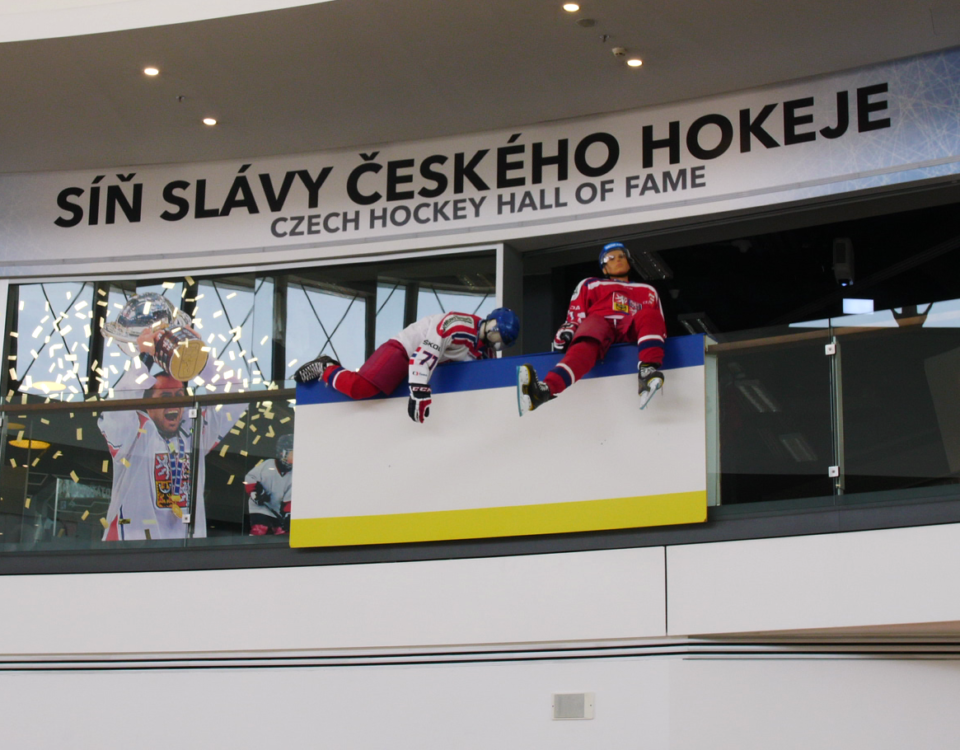- Your Online Prague Guide by locals – Follow us:
Vyšehrad Cemetery and Slavín (Vyšehradský hřbitov a Slavín)

The Jewish Museum in Prague
December 14, 2018
Classic 7
December 14, 2018Vyšehrad Cemetery and Slavín (Vyšehradský hřbitov a Slavín)
The Vyšehrad cemetery, adjacent to the Church of Sts Peter and Paul, is one of the most significant cemeteries in Prague. Over 600 famous people are buried here – writers, scientists, poets, artists, composers, actors, doctors, politicians, and others. At the cemetery’s eastern end, you’ll find the monumental tomb Slavín, where the nation’s most famous personages are laid to rest.
Contacts
- Vyšehrad Cemetery and Slavín (Vyšehradský hřbitov a Slavín)
- Štulcova
- 128 00 Praha 2- Vyšehrad
- +420 274 774 835
Object history
Vyšehrad national burial ground was established upon an impulse of provost Václav Štulc in the 1870s in place of an old Vyšehrad cemetery dating back to 1660. There already was a cemetery in this place in 1260. Its current appearance dates back to 1869 and it is one of the most significant Prague cemeteries. It spreads over 0.81 hectares. Antonín Barvitius designed the marble tombs on the Southern and the Eastern sides of the cemetery and Antonín Wiehl designed the arcades, which have been built according to the Italian style around the border of the cemetery. The cross vault of arcades decorated with paintings is carried by Tuscan pillars of sandstone. The main path leads through the cemetery towards Slavín, a mass-tomb of the national giants. The idea of building a mass tomb came from the Svatobor association in 1862, and it was headed by František Palacký. Slavín was built in 1889 – 1893 according to a project of architect Antonín Wiehl. Sculptural decorations are the work of Josef Mauder from 1892 – 1903: there is a sarcophagus above the central monument of Slavín, and an allegoric winged figure of the Genius Patriae. There are two statues on the sides of the monument, being the Mourning country on the left side, and the Victorious country on the right. On the front side of the monument, there are three panels bearing the names of the first fifteen persons buried at Slavín. The first was poet Julius Zeyer in 1901, who is the author of the verses on the pedestals of the statues on the side: Its sons’ dust this mourning country returns to the earth, Their deeds it will, rejoicing, declare to all mankind. Above the panels with names, there is an inscription of the Slavín motto: “Though dead, they still speak.”
Source: https://www.prague.eu/en/object/places/148/vysehrad-cemetery-and-slavin-vysehradsky-hrbitov-a-slavin



